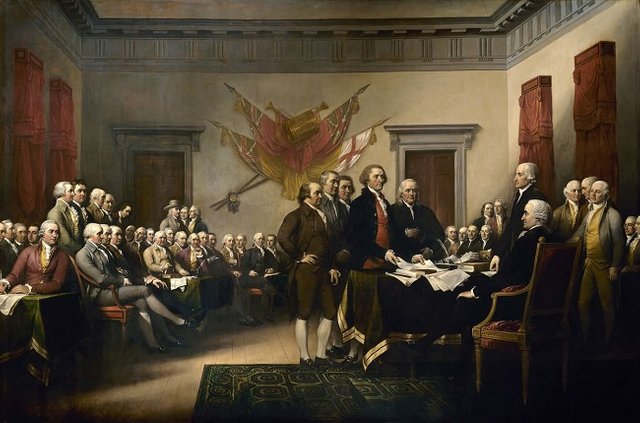Empirical and theoretical in historical knowledge
The third classification that can be made of historical descriptions is from the point of view of the reflected spheres of society. in this context we can talk about:
- economic descriptions where the immediate interest of the historian is the economic life of a country or a given period of development.
- Political descriptions: the sphere of political life
- Cultural descriptions: the cultural life of the respective age, region, etc.
- Social history descriptions incorporating in themselves all possible forms of social activity.
In terms of the first three descriptions, social history is presented as complete descriptions, while the first ones stand out as partial. On the other hand, the four types of descriptions may be more or less complete or incomplete, respectively complete or partial. With the empirical level of historical knowledge being realized in the form of a historical description, the process of knowledge is not over. At this level, the historian has answered the questions: what, where, when, and how something has happened. But at this level, he has not answered the most important question: why, who is implicit in the four questions mentioned above. For example, whatever important is what happened more importantly why it happened and not something else. However important it is where it happened, what is important is why it just happened there, not elsewhere. Similar is the situation with when and how (the rest of the questions). The answer to all these "why" is given in the theoretical degree of historical knowledge being realized in the form of a historical explanation.
Theoretical level of historical knowledge / historical explanation. The theoretical knowledge differs from the empirical on its starting point, target direction, content and form of existence. As we have already seen, the baseline of empirical knowledge is the data of the source material (springs). And of theoretical knowledge the scientific-historical descriptions. The purpose of empirical knowledge is the reconstruction of the phenomenon, and the theoretical revelation of its essence. The content of the empirical description is expressed by certain sensual images and ideas for the object under investigation, and the theoretical of certain concepts, categories, judgments, conclusions. At this level, the historian uses three types of concepts and categories: general-philosophical concepts and categories such as: relationship, interaction, condition, environment, cause and effect, etc.

I'm starting on steemit and I see your blogger and he's one of my favorites. Thank you for sharing this excellent content.
You got a 2.16% upvote from @booster courtesy of @godflesh!
NEW FEATURE:
You can earn a passive income from our service by delegating your stake in SteemPower to @booster. We'll be sharing 100% Liquid tokens automatically between all our delegators every time a wallet has accumulated 1K STEEM or SBD.
Quick Delegation: 1000| 2500 | 5000 | 10000 | 20000 | 50000